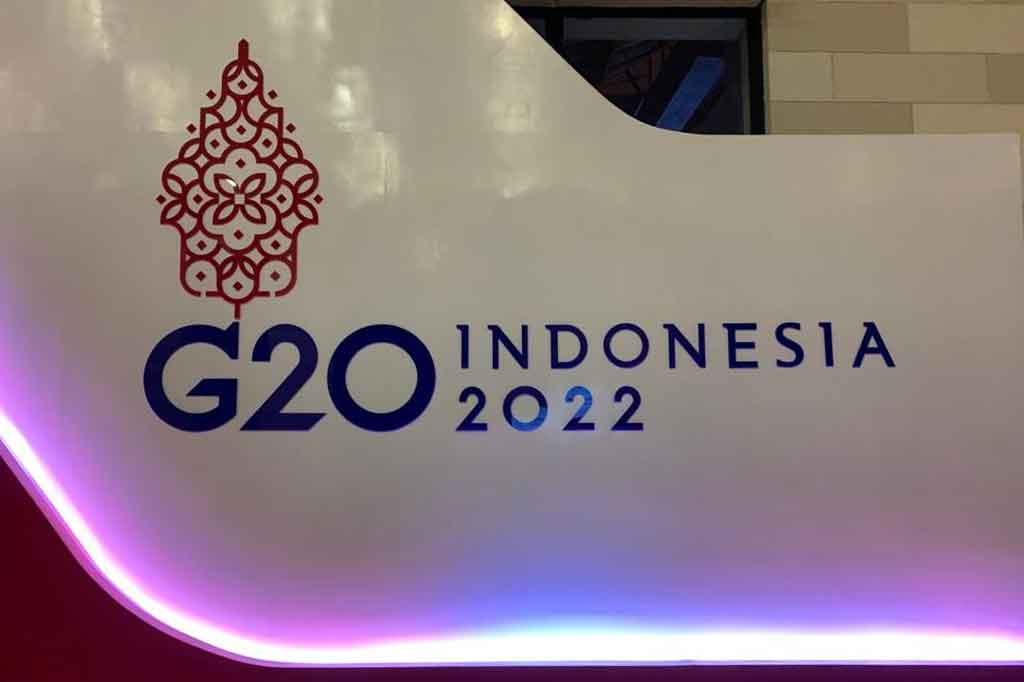Bali: Conflicts and crisis-driven slowdowns and downturns are and will remain the major drivers of food crises, highlighting the importance of achieving peace, tackling the climate crisis and boosting resilience everywhere, Qu Dongyu, Director-General of the Food and Agriculture Organization (FAO), said on Wednesday at the Agriculture Ministers Meeting of the G20 in the Indonesian island of Bali.
"The human, social and economic costs of conflict are always immense. Peace is a precondition for the resilience of national and international agrifood systems," Qu said in a media release on Wednesday.
According to Qu, soaring consumer food prices will have "devastating implications" for global food security and nutrition.
"Food prices are very high for consumers, and input prices are very high for farmers," he added.
The FAO Director-General noted that there have been some improved forecasts for wheat and soybean markets, but the outlook for maize, rice and fertilizers remains supply-constrained and volatile.
Qu hailed the Black Sea Grain Initiative, which facilitates exports from the Russian Federation and Ukraine despite the war, as an important step forward, adding that "it needs to be complemented to improve the food access of most vulnerable countries."
FAO has proposed a Food Import Financing Facility (FIFF) to allow 62 lower-income net food importing countries, home to almost 1.8 billion people, to fund urgent needs while committing to invest more in sustainable agrifood systems at home.
Adoption of the proposal – now taken over by the International Monetary Fund – would offer a quick-acting way to step up the resilience of agrifood systems in the short term, Qu said. Other short-term actions include increasing fertilizer availability – by clarifying their exemption from war-related sanctions – and use efficiency.
“We need to avoid that a food access crisis also becomes a food availability crisis,” the Director-General said.
Looking further ahead, he pointed to medium-term solutions requiring more science and innovation, investments in infrastructure to reduce inequalities, and reducing food loss and waste. Longer-term strategies involve improving early warning and early action systems to increase productivity, accelerating trade and finding innovative solutions to tackle inorganic fertilizer supply constraints.
Cek Berita dan Artikel yang lain di Google News
FOLLOW US
Ikuti media sosial medcom.id dan dapatkan berbagai keuntungan



















